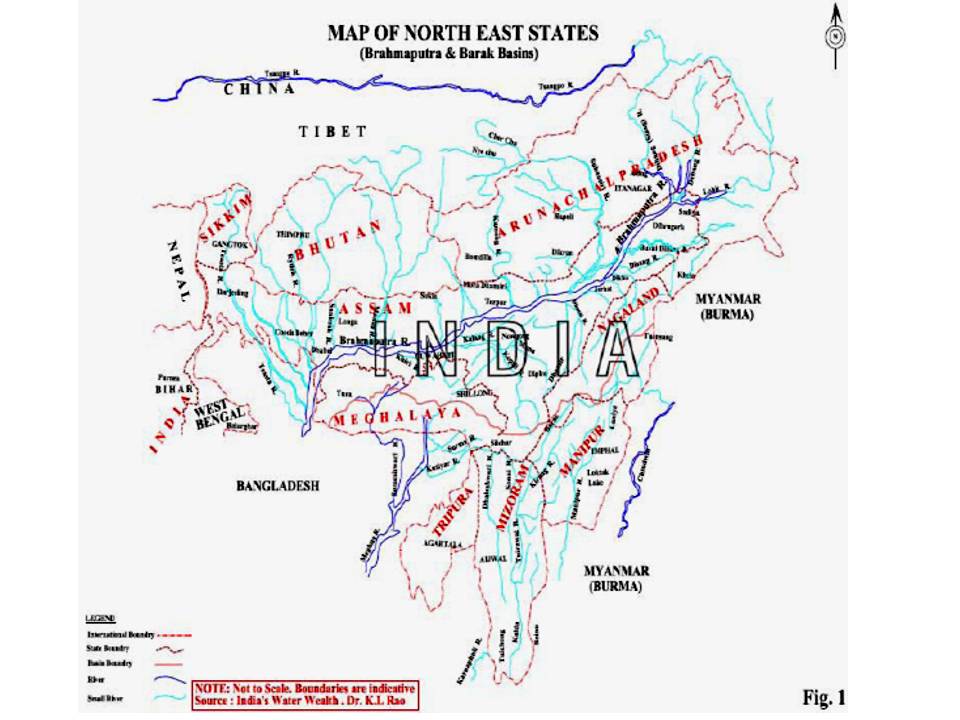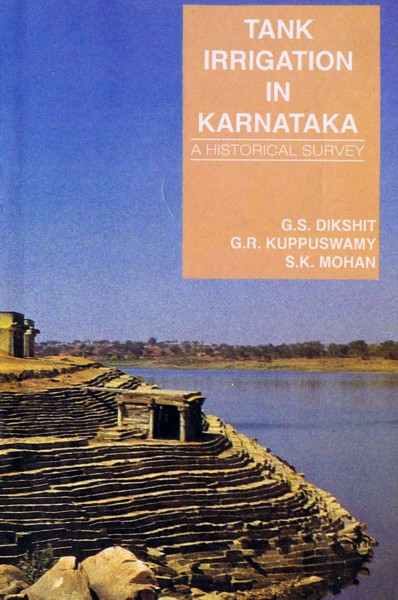Equity
Challenges for achieving conservation and development - A presentation by Elinor Ostrom at the Khoshoo memorial lecture, ATREE
Posted on 22 Feb, 2012 06:52 PM
Framework for valuing ecosystem services in the Himalayas - An ICIMOD technical report
Posted on 17 Feb, 2012 12:12 PMThis has been a generic first attempt that can be fine-tuned and customised for each type of ecosystem and each kind of service value. Ecosystem services are defined by the Millennium Ecosystem Assessment as ‘the benefits people obtain from ecosystems'.
Mountains occupy 24% of the global land surface area and are home to 12% of the world’s population. Mountains have an ecological, aesthetic, and socioeconomic significance, not only for those living in the mountain areas, but also for people living beyond them. However, the importance of ecosystem services arising from mountains is not properly recognised. The HKH region is endowed with a rich variety of gene pools and species, and ecosystems of global importance. It is a storehouse of biological diversity and a priority region in many global conservation agendas. The region has many unique ecosystems that play a critical role in protecting the environment and in providing livelihoods for much of Asia and beyond.
Adapting to climate change - Conserving rice biodiversity of the Apatani tribe in North East India - An IGREC working paper
Posted on 15 Feb, 2012 11:47 PMIt also deals with the threat to the biodiversity in the area due to climate changes and argues for the need to devise adaptation strategies at an urgent level to preserve the unique genetic variability of the region and the indigenous knowledge of farming practices in the area.
Water conservation, sustainable agriculture, challenges for rural development in Maharashtra and possible solutions - Talk by Popatrao Pawar, Sarpanch, Hivre-Bazar
Posted on 09 Feb, 2012 04:49 PMShri Popatrao Pawar is an inspiring promoter of the 'Ideal Villages Movement' on "Integrated Agriculture and Rural Development for Tomorrow's Maharashtra" on the occasion of the inauguration of Observer Research Foundation's Maharashtra@50 Study Centre on 24th June 2010.
Community monitoring in water and sanitation projects - A facilitators manual by PRIA
Posted on 02 Feb, 2012 11:59 AMThis manual is based on the work that PRIA was involved in that included facilitating the process of social development and monitoring, and for guiding the process of developing models for community monitoring linked to community action, for child survival and development in six project sites in India.
This manual is divided into three key sections:
Urvi Ashok Piramal Foundation invites application for Field Coordinator Livelihood, Rajasthan - Apply by January 27, 2012
Posted on 02 Feb, 2012 10:09 AMContent courtesy: DevNetJobsIndia
Urvi Ashok Piramal Foundation (UAPF) is a not for profit organization registered under public trust act, working on mother & child health care, livelihood and environment in India since 2008. The foundation is endeavoring to reach the deprived section of the society through its various activities with the basic objective of empowering them to sustain the development process. Foundation is reaching to 1,00,000 people in various villages of India through various Education, Health Care and Livelihood initiatives. Through livelihood initiatives, UAPF is planning to provide employable skills to the youths through VSTIs/ITIs, empowerment of women through micro-entrepreneurial groups and supporting small business initiative through individual support programs and in return aiming at making tangible changes in the society.
Tank irrigation in Karnataka: A historical survey
Posted on 24 Jan, 2012 06:12 AMThe book covers entire eras from the ancient to the current period. It also gives information about the structural, financial and institutional aspects of tank construction and management.
The full book is available for download on the India Water Portal. Please right-click on the cover page image of the book, and select 'Save link as', to download the full book.
Design Impact invites applications for 2012 Fellowship Programme – Apply by February 29, 2012
Posted on 22 Jan, 2012 11:02 AM
Design Impact (DI) is a non-profit organization that partners professional designers with community organizations. These designers work on-site with innovative organizations and the communities they serve to design and implement life-improving solutions.
Hydropower in the Northeast: Potential and harnessing analysis - A critique
Posted on 15 Jan, 2012 11:41 PMThe main objectives of the hydropower study are as follows:
- An analysis of the hydropower potential in the Northeast and key elements of the strategy that should be followed for optimal realization of this potential
- An overview of the hydropower development options in the Northeast with regard to the water resources in the different river basins, including consideration of flood control and irrigation

Map of the north-east states
India, Pakistan and water - Lecture by Ramaswamy Iyer at MIDS
Posted on 12 Jan, 2012 10:57 PMIt traces the roots of the conflicts to the strained relations between India and Pakistan following the partition and the framing of the Indus Water Treaty in 1960.




